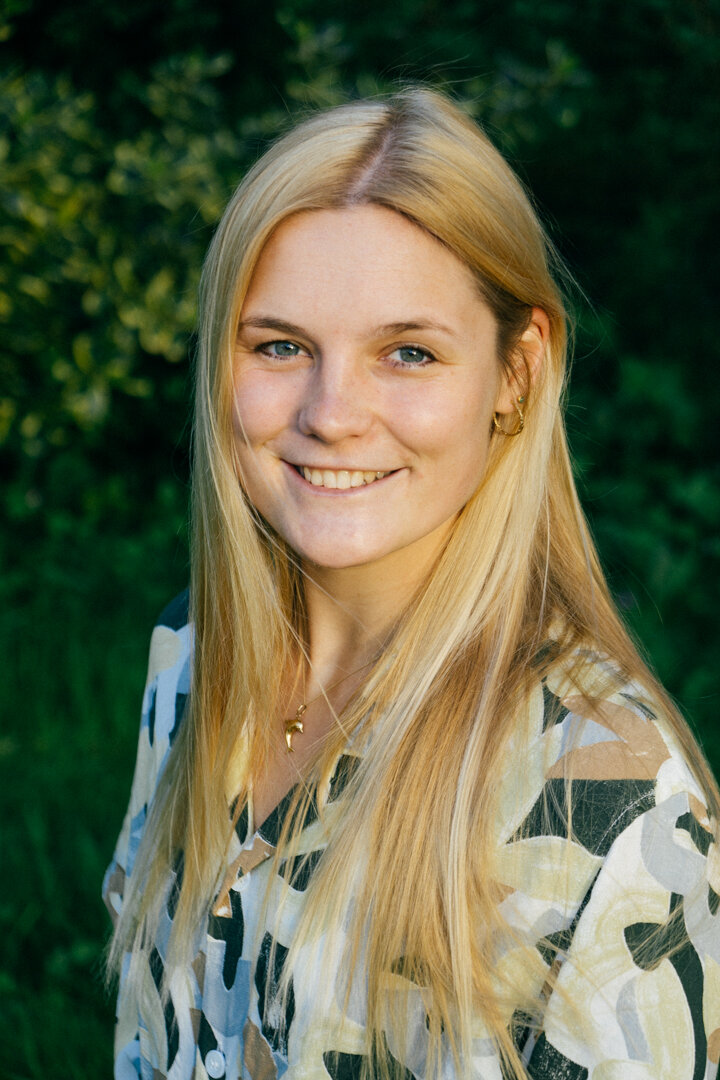With a life-long passion for nature and the outdoors, an odd fascination with mathematical problem-solving, and a thirst for exploration, conservation science has always felt like the ideal career path for me.
I am a 27-year-old PhD candidate at the University of Cambridge, researching how food production, sustainable livelihoods, and biodiversity conservation might be reconciled. I am conducting my fieldwork in South India (facilitating my obsession with mangos).
My career and research background have been diverse, spanning five continents and several themes, but united by a common interest in understanding biodiversity and ecosystem functioning, identifying synergies and trade-offs between conservation and human well-being, and assessing the effectiveness of conservation practices and policies.
My love for field research has led to me conducting bird surveys in a previously unexplored forest in Sumatra, identifying ecological corridors in Brazil and Guinea, and assessing chimpanzee habitat quality in Uganda. I have also managed to squeeze in occasional non-academic adventures – cycling across Bolivia, trekking in Tajikistan, and trail-running in Kenya.
